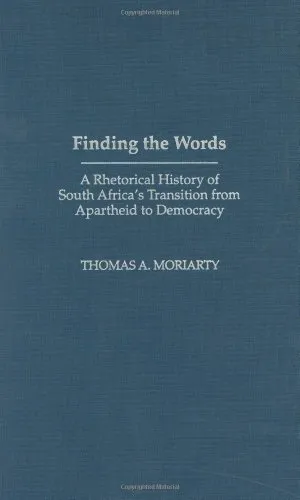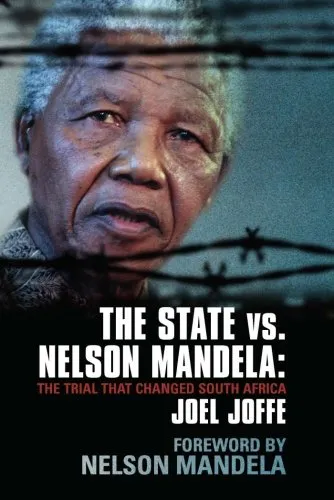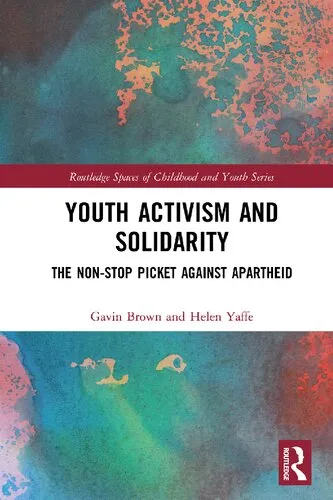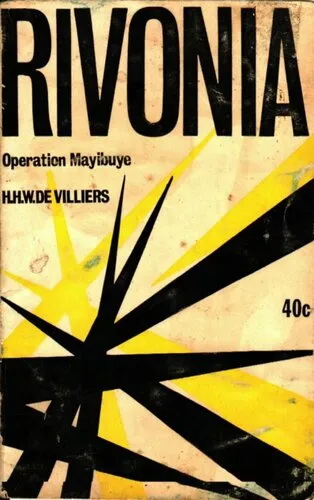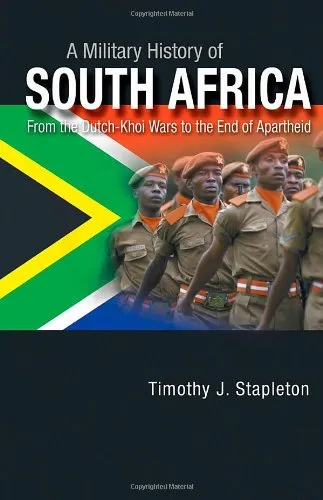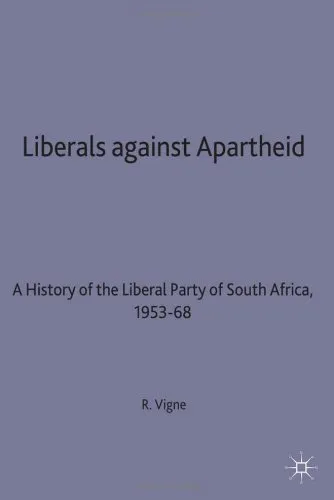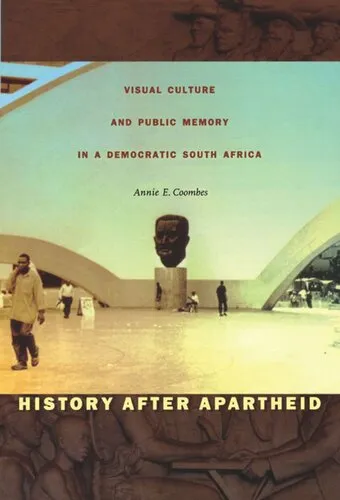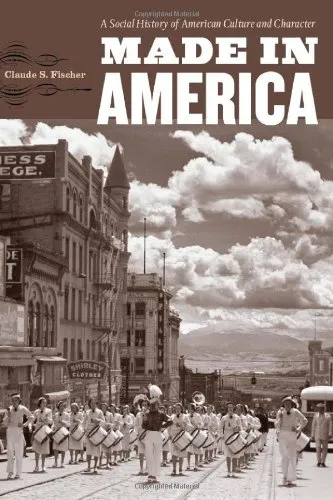Finding the Words: A Rhetorical History of South Africa's Transition from Apartheid to Democracy (Civic Discourse for the Third Millennium)
4.3
Reviews from our users

You Can Ask your questions from this book's AI after Login
Each download or ask from book AI costs 2 points. To earn more free points, please visit the Points Guide Page and complete some valuable actions.Related Refrences:
Introduction
Welcome to "Finding the Words: A Rhetorical History of South Africa's Transition from Apartheid to Democracy," a detailed exploration of one of the most significant periods in modern history. In this book, we delve deep into the transformation of South Africa from a nation divided by apartheid to a beacon of democracy, examining the pivotal role played by rhetoric and discourse in shaping this historic transition.
Detailed Summary of the Book
At its core, "Finding the Words" offers a comprehensive rhetorical history of South Africa's transition from apartheid to democracy. It explores the intricate dynamics of language, persuasion, and communication that were central to the country's social and political transformation. The book analyzes key speeches, dialogues, and written texts that defined public discourse during this tumultuous time. By examining the rhetoric of leaders such as Nelson Mandela, F.W. de Klerk, and Desmond Tutu, as well as grassroots activists and international influencers, this work sheds light on how words and symbols were meticulously wielded to foster reconciliation, inspire change, and negotiate power.
From the inception of apartheid policies to the drafting of the new democratic constitution, the book traces the complex interplay of political narratives and public protest that led to transformative change. Through careful analysis of these rhetorical events, readers gain insight into how strategic communication can alter not only perceptions but also the very structures of society.
Key Takeaways
- The Power of Rhetoric: Understand how language was used as a tool of both oppression and liberation. By studying effective communication strategies, one learns how rhetoric can dismantle oppressive systems and cultivate democratic ideals.
- The Role of Leadership: Discover the influence of visionary leaders who utilized rhetoric to galvanize public support and foster unity. Their speeches and writings offer timeless lessons in leadership and persuasion.
- Civic Engagement: Explore the dynamic role of civic discourse in shaping public policy and societal values, emphasizing the importance of public participation and dialogue in a thriving democracy.
- Lessons for the Future: Draw parallels between South Africa's transformation and contemporary global challenges, offering a blueprint for peaceful negotiation and reconciliation in divided societies.
Famous Quotes from the Book
"Words are the architects of change; they build bridges between foes and raise empires from the ashes of discord."
"In the crucible of apartheid's end, it was not the might of arms but the strength of dialogue that forged a new South Africa."
Why This Book Matters
This book is essential reading for anyone interested in understanding the mechanics of social change, the power of rhetoric, and the dynamics of political reform. By documenting and analyzing the discourse that helped dismantle apartheid, "Finding the Words" provides invaluable insights into the strategies and tactics that can address contemporary global issues such as systemic inequality, racial injustice, and political polarization.
In addition to its academic contributions, this book serves as a homage to the courage and wisdom of those who risked everything to bring about a democratic South Africa. It is a testament to the transformative potential of words and the enduring spirit of hope and resilience.
With its rich historical insights and thoughtful analysis, "Finding the Words" offers a timeless study of how language and leadership can create lasting change, making it a vital resource for students, scholars, policymakers, and anyone interested in the art of persuasion and the power of civic discourse.
Free Direct Download
You Can Download this book after Login
Accessing books through legal platforms and public libraries not only supports the rights of authors and publishers but also contributes to the sustainability of reading culture. Before downloading, please take a moment to consider these options.
Find this book on other platforms:
WorldCat helps you find books in libraries worldwide.
See ratings, reviews, and discussions on Goodreads.
Find and buy rare or used books on AbeBooks.
1597
بازدید4.3
امتیاز0
نظر98%
رضایتReviews:
4.3
Based on 0 users review
Questions & Answers
Ask questions about this book or help others by answering
No questions yet. Be the first to ask!
